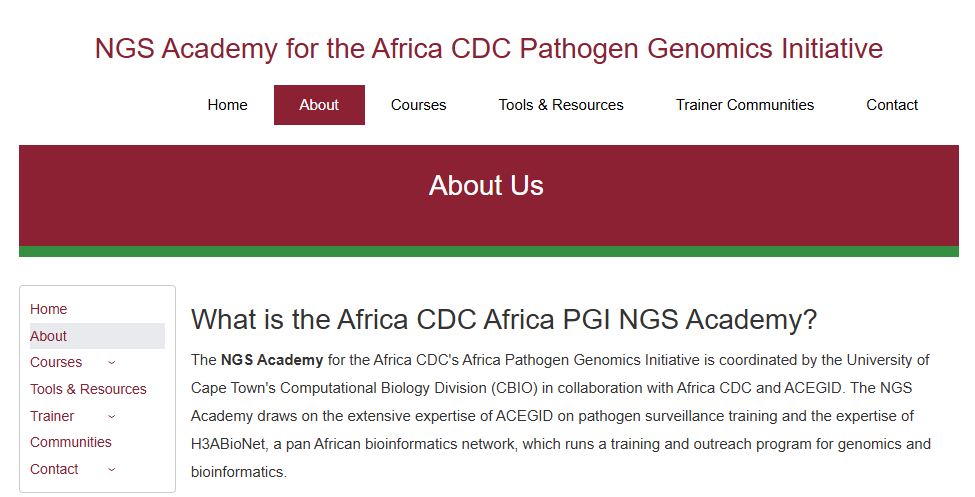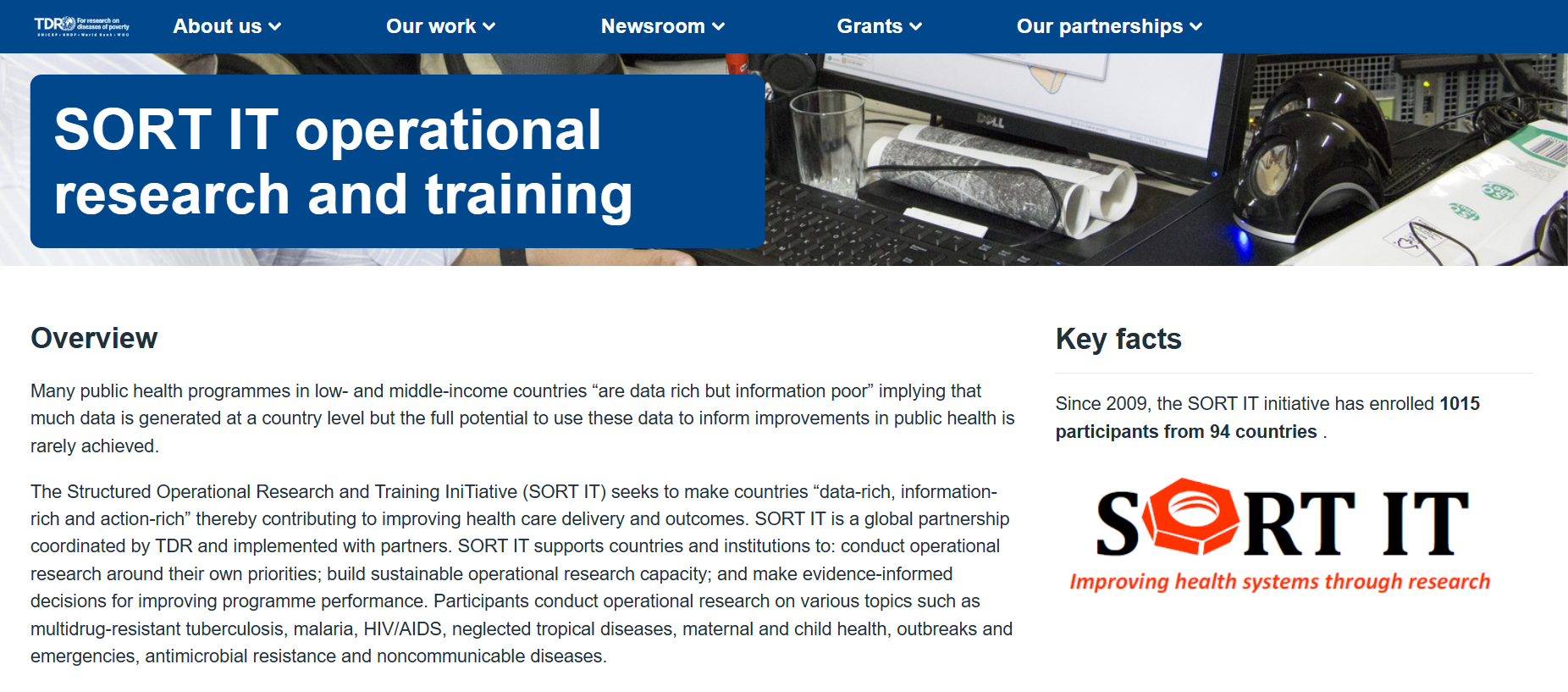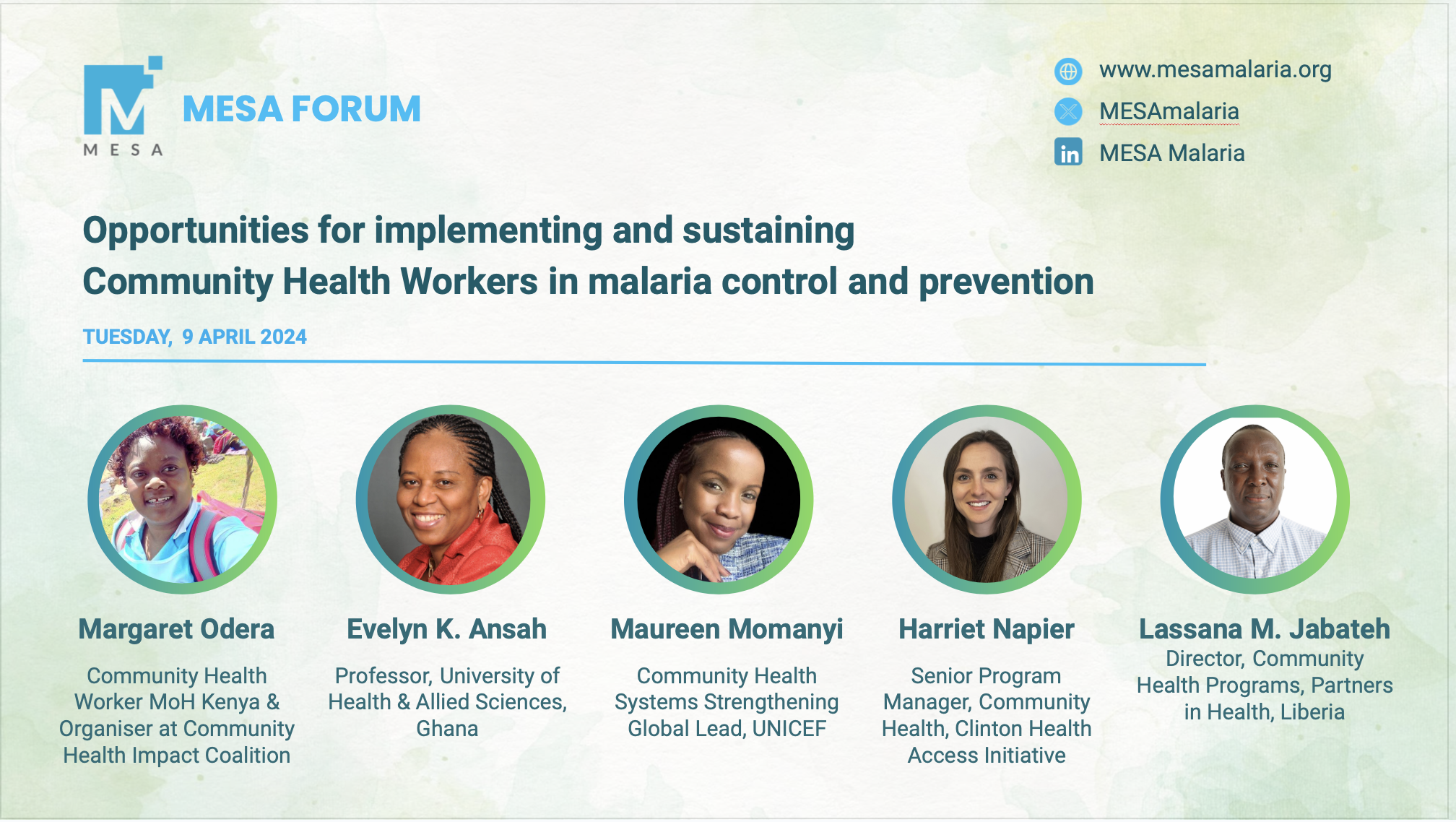Last Updated: 29/02/2024
Support to Boma Health Initiative Project
Objectives
The aim of this project is to support the transition in South Sudan from separated community interventions and facility-based interventions, to what is now described as the Boma Health Initiative
South Sudan has continued to suffer some of the worst health indicators globally with an under-five mortality rate of 96 deaths per 1,000 live births and with 75 percent of child deaths due to the preventable diseases of diarrhea, malaria, and pneumonia. In addition, the maternal mortality rate is 789 per 100,000 live births with less than 8 percent of deliveries attended by skilled birth attendants. This is mostly due to limited access to health services with 83 percent of the population living in rural areas and 56 percent of the population living further than one-hour walking distance from a health facility.
To address some of these challenges, the Republic of South Sudan launched the Boma Health Initiative (BHI) in March 2017 as a nationwide strategy to improve access to essential health services.
The BHI is also designed to standardize the package of community health services, strengthen linkages between communities and primary health facilities, and improve community ownership and governance of health services. It is intended to replace and harmonize the delivery of fragmented community health services which are currently supported by non-governmental organizations (NGOs) with funding from different donors.
In this programme malaria diagnosis and treatment services were provided by community volunteers along with treatmen of diarrhoea and pnumonia for children under five, adults, in hard to reach communities. Awarness about malaria was integral part of the community activities. Project also provided esential supplies, medicine, and diagnostics need for malaria services. Project was also provided services on malaria surveilance, and reporing.
Apr 2019 — Mar 2020
$149,999


